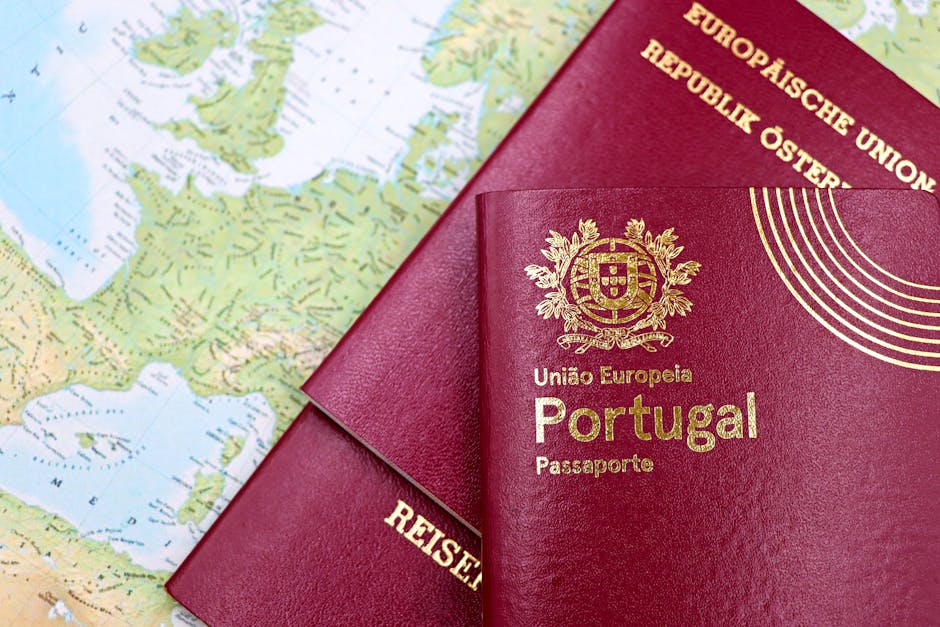
Understanding Global Citizenship: Embracing a Connected World
What is Global Citizenship?
Global citizenship refers to the idea that individuals are members of a worldwide community, transcending national borders and fostering a sense of responsibility towards global issues. It encourages people to think beyond local or national identities and to consider how their actions impact the planet and humanity as a whole.
The Importance of Embracing Global Citizenship
In our increasingly interconnected world, challenges such as climate change, inequality, and pandemics require collective action. By adopting a global citizenship mindset, individuals can contribute positively toward sustainable development and social justice on a global scale.
How to Become a Global Citizen
- Educate yourself about global issues and cultural diversity.
- Participate in international volunteer programs or exchanges.
- Support policies and organizations that promote global equity and sustainability.
- Practice empathy and respect for people from different backgrounds.
Being a global responsible citizen involves continuous learning and active engagement in creating a better world for everyone.
Conclusion
Ultimately, global citizenship is about fostering a mindset of interconnectedness and shared responsibility. By embracing this perspective, we can work together to address worldwide challenges and build a more inclusive, sustainable future for all.
